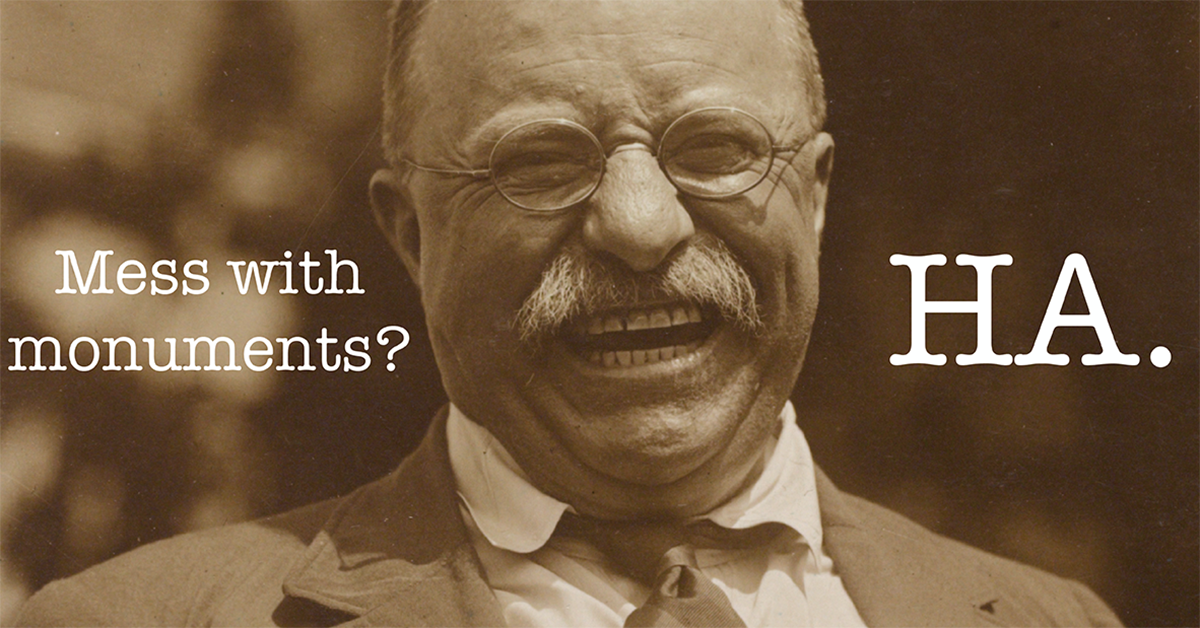The House Natural Resources Committee advanced a bill this week that would alter the very foundation of the Antiquities Act, a tool that has been in use for more than 100 years to protect important cultural and natural resources on public lands.
The National Monument Creation and Protection Act, H.R. 3990, was introduced late last week by Rep. Rob Bishop, R-Utah and was quickly scheduled for hearing this afternoon.
What the bill says:
In short, it undermines the Antiquities Act of 1906 signed into law by one of our greatest conservationists, Theodore Roosevelt.
The bill would:
- Change the meaning of the law to only include protections for “objects” such as relics, fossils and artifacts, excluding values such as fish and wildife habitat as reasons to conserve public lands as National Monuments.
- Establishes arbitary acerage thresholds for new monuments
- Require sign-off from county and state officials
- Limits the flexibility of public land managers to be responsive to change and adjust management strategies for uses such as oil and gas development and mining
- Provide presidents new authority to reduce or alter existing national monuments
Why is it bad for hunters and anglers?
- It misrepresents the true value and use of the law: The Antiquities Act has long been a bi-partisan tool for conservation used by both Republicans and Democrats to conserve important fish and wildlife habitat. This tradition goes back to Theodore Roosevelt, who created Mount Olympus National Monument to protect habitat for Olympic Elk, later renamed Roosevelt Elk in his honor.
- It takes away an important conservation tool: The Act has protected areas vital to our hunting and fishing heritage – areas that were already public lands – such as Colorado’s Browns Canyon National Monument, California’s Berryessa Snow Mountain National Monument and New Mexico’s Rio Grande del Norte National Monument. Under H.R. 3990, these National Monuments would not have been eligable for designation.
- It ignores local voices: Monuments often begin as locally-driven legislative proposals to conserve areas of importance to local communities. Often these proposals languish in Congress for years — even decades — despite overwhemling support from sportsmen and women, local governments and affected stakeholders. Faced with this inaction, the Antiquities Act provides a path forward to protect important fish and wildlife habitat and quality hunting and fishing opportunities.
What can you do?
Call your elected representatives and ask them to oppose attacks on the Antiquities Act.
Take to social media: Tweet your support for the Antiquities Act @NatResources
Take action on standup.tu.org.



